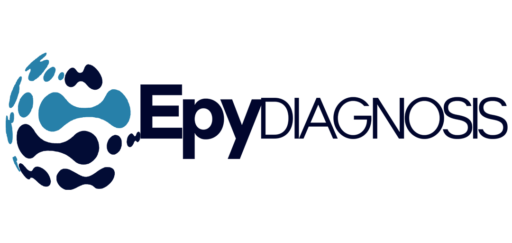Research Areas
To further improve the accuracy of EpyDiagnosis, research into cutting-edge image enhancement methods could be pivotal. These techniques would refine the clarity of LD-CT scans, enabling the AI to detect early-stage cancer with even greater precision.
Exploring a variety of data augmentation strategies could significantly bolster the robustness of the neural network. By simulating a diverse range of scenarios, the AI can learn to identify subtle and complex patterns indicative of lung pathology.
Extending validation studies to diverse populations ensures that EpyDiagnosis remains effective across different demographics. This research is crucial for tailoring the model to detect lung cancer manifestations in various ethnic and genetic backgrounds.
Research into seamless EHR integration would automate the flow of patient data into EpyDiagnosis, streamlining the diagnostic process. This could revolutionize the speed and ease with which clinicians access and utilize AI-generated insights.
Developing capabilities for real-time analytics could enable EpyDiagnosis to provide immediate diagnostic feedback during screening procedures. This would be a groundbreaking step in enhancing clinical decision-making at the point of care.e.

